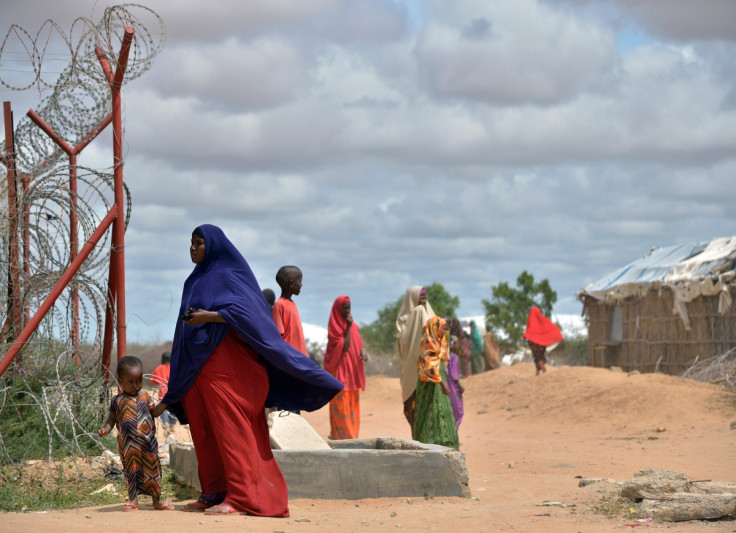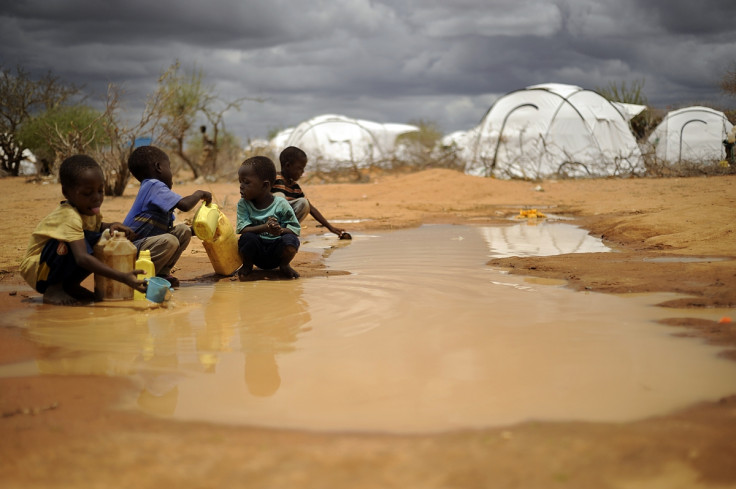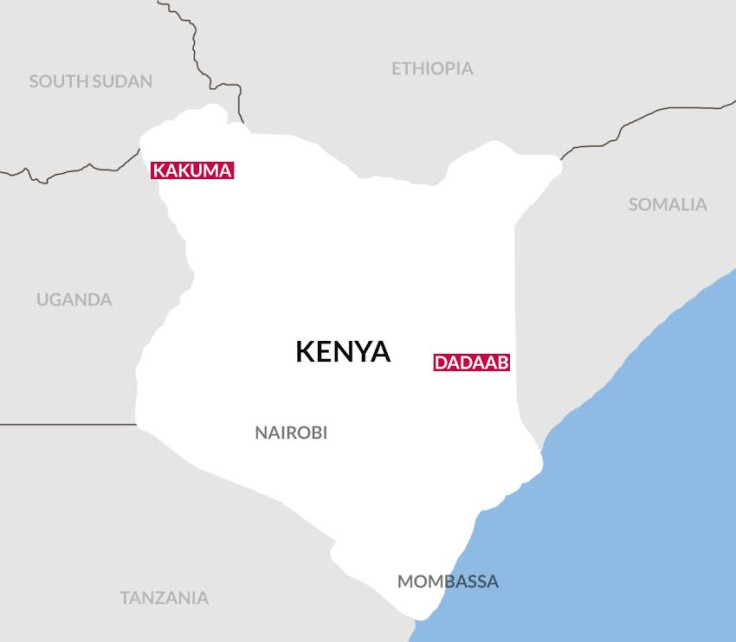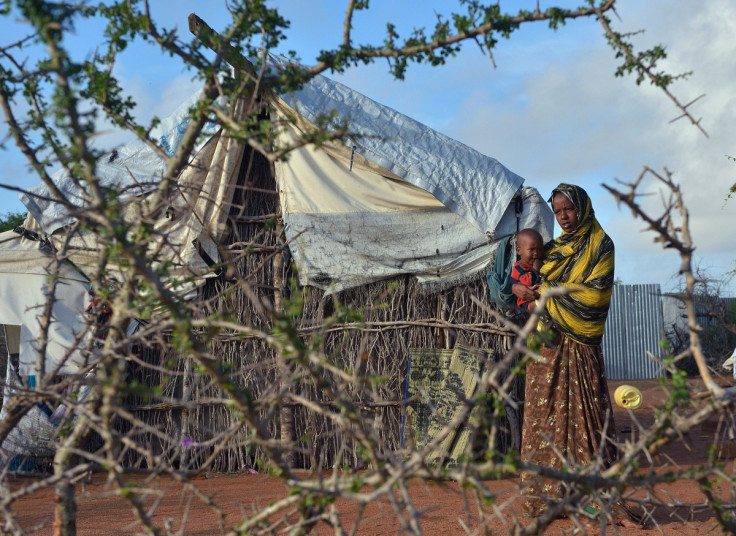Kenya: Refugees face police persecution and death after disbanding of Department of Refugee Affairs

Refugees in Kenya are facing the risk of arrests, and death, after the government disbanded the Department of Refugee Affairs (DRA) – which delivered official movement passes to those wishing to leave camps – earlier in the month.
On 6 May, the Kenyan Ministry of the Interior announced it will no longer host refugees, describing camps as an economic burden and a "breeding ground" for terrorism, and subsequently disbanded the DRA. The department delivers crucial administrative services for refugees and asylum seekers, and a refugee needs a movement pass – granted only by the DRA – to validly leave the camps.
However, since the government shut down its operations, no movement passes can be secured and refugees moving out of the camps do so illegally – thus facing the risk of being arrested for residing outside of designated areas.
Refugee dies after failing to receive medical attention
Heather Amstutz, the Nairobi-based regional director for the Horn of Africa for the Danish Refugee Council, condemned the vacuum left by the DRA disbanding. "There are already quite severe consequences in terms of life-saving issues because of the abrupt disbanding of the DRA, and (there are) no substitutes to take over", Amstutz, whose agency is the lead NGO on livelihood programmes in Kenya's camps, told IBTimes UK.
"This is the worst outcome right now, the decision has a very immediate impact on the health and welfare of the refugees. Right now, medical referrals to hospitals for life-saving measures have been stopped because the DRA no longer has the authority to sign the referral papers."
Refugee Consortium of Kenya (RCK), a NGO working for the protection of refugees, has been monitoring the situation, and found that at least one refugee died after 6 May "owing to the inability to secure a movement pass to Nairobi for medical attention".
Siyad Samatar, the Norwegian Refugee Council's area manager in Dadaab, the largest refugee camp in the world, confirmed the United Nations refugee agency (UNHCR) was forced to take emergency contingency measures to fill the gap for normal evacuations towards Garissa or Nairobi.
"It recently brought doctors in the camp offering specialised services and treatment – including a surgeon and gynaecologist," Samatar told IBTimes UK over the phone.

Dozens of arrests of refugees
While there have been no reports of arrests in Dadaab, RCK executive director Eunice Ndonga-Githinji explained that three refugees had already been charged, convicted and fined in a Garissa court for "residing outside the designate areas". The city of Garissa is located around 100km (62m) from Dadaab.
The NGO demanded police held the refugees while the UNHCR prepared for their return to Dadaab camp. Refugees were detained at the police station for over 48 hours before transport was organised for them to return to the sprawling tent city.
In the north eastern town of Kapenguria, located 380km from Kenya's second refugee camp of Kakuma, 20 protected civilians who had been travelling in buses from the camp to Nairobi were arrested and detained by police. They, too, were charged in court, convicted and fined Ksh 10,000 (£68, $100) for moving outside the refugee camp without authorisation, according to RCK.

Need for a multi-level, coordinated global response
Angela Wells, Eastern Africa communications officer for the Jesuit Refugee Service (JRS), which was one of 11 NGOs urging Kenya to reconsider its intended closure of Dadaab refugee camp, called for a multi-level, coordinated global response.
"Not everyone needs to be in a camp, refugees can work and study. We need to humanize the response, and not just look at this as an emergency crisis: aid provision but something that's bigger, that is about welcoming people who have lost everything already and have gone through atrocities, and making sure they don't have to go through another atrocity in the way that they are treated in host countries," Wells told IBTimes UK via the telephone.
"While many community leaders are organising community policing and are involved in task forces in the community to thwart insecurity, the fact of the matter is that this directive will have an indirect effect on the way that Somalis (which make up to 95% of the estimated 330,000 to 350,000 refugees living in Dadaab) are treated by police."
Amstutz shared this point of view, adding that the DRA disbanding would impact refugees who started rebuilding their lives after coming from very difficult circumstances.
"We are talking about the destruction of life here, for those who have managed to get enrolled in school and, or to set up businesses. In order to be in school, to get a degree, to further their career or have options in life, they have to have travel permission because there is an encampment policy in Kenya. These students who are enrolled at University or other professional training are suddenly at a loss of what to do."

© Copyright IBTimes 2025. All rights reserved.





















